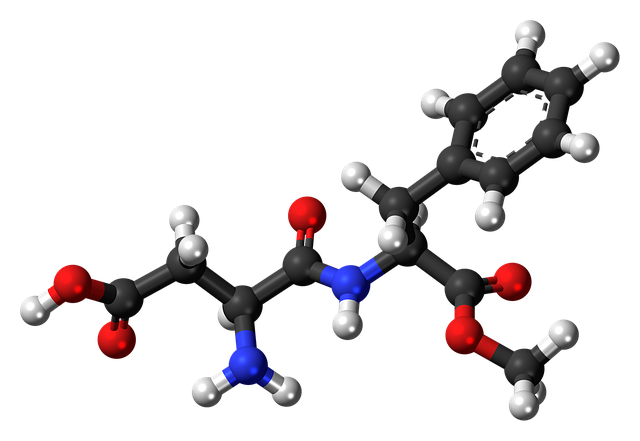Motivational interviewing (MI) is a proven effective tool in addiction treatment and mental health support, enhancing individuals' internal drive for change. Online support groups for loved ones of addicts leverage MI techniques to guide members through self-reflection, improving group dynamics and empowering individuals to manage crisis scenarios. These groups offer 24/7 access to guidance, fostering resilience during recovery journeys. By integrating coaching, training, and holistic wellness programs, online communities enhance recovery management and equip participants with coping strategies for triggers and setbacks.
Motivational interviewing (MI) training equips individuals with a compelling approach to encourage positive change. By focusing on an individual’s intrinsic motivation, this evidence-based method empowers clients to make meaningful shifts in their lives. This article explores the transformative power of MI, delving into its core principles and highlighting its effectiveness in fostering lasting behavioral changes. We discuss how online support groups for loved ones of addicts can further enhance this process, providing a community that nurtures recovery and promotes intrinsic motivation.
- Understanding Motivational Interviewing: A Powerful Tool for Change
- The Role of Online Support Groups in Facilitating Recovery
- Empowering Clients: Intrinsic Motivation as a Catalyst for Lasting Behavior Shift
Understanding Motivational Interviewing: A Powerful Tool for Change

Motivational interviewing (MI) is a collaborative, goal-oriented approach that empowers individuals to discover their internal drive for change. This powerful tool has been extensively used in various fields, including addiction treatment and mental health support. By focusing on enhancing motivation rather than directly changing behaviors, MI enables clients to explore their ambivalence about making changes and ultimately find personal reasons to take action.
In the context of online support groups for loved ones of addicts, understanding MI can significantly improve group dynamics. Facilitators equipped with this technique can guide members through a process of self-reflection, helping them uncover their underlying motivations for supporting their loved ones. This approach is particularly relevant when addressing co-occurring disorders or crisis situations, as it equips individuals with the skills to recognize and respond to emergency scenarios effectively. Additionally, addiction treatment centers specializing in specific substances can benefit from integrating MI into their programs, offering a more personalized and engaging experience for clients seeking recovery.
The Role of Online Support Groups in Facilitating Recovery

Online support groups play a pivotal role in facilitating recovery for loved ones of addicts, offering a safe and anonymous space to share experiences, gain insights, and find solace. These digital communities are especially valuable as they provide continuous access to peer support, allowing individuals to connect with others facing similar challenges at any time. The sense of belonging fostered within these groups empowers members to navigate their journeys with increased resilience and understanding.
Incorporating Healthy Sleep Habits Coaching or exploring Addiction Treatment Centers Specializing in Specific Substances can be seamlessly integrated into the online support group environment. Crisis Intervention Training, a vital tool for managing acute situations, is often shared among group facilitators, ensuring that participants receive well-rounded care. This collaborative approach not only reinforces recovery but also equips members with practical skills to manage triggers and setbacks effectively.
Empowering Clients: Intrinsic Motivation as a Catalyst for Lasting Behavior Shift

Motivational interviewing (MI) training is a powerful tool that enables clients to unlock their inherent drive for positive change. By focusing on intrinsic motivation, this approach empowers individuals to make lasting behavior shifts. In the context of addiction recovery, for instance, online support groups for loved ones of addicts can facilitate this process.
Through MI, clients learn to identify and tap into their personal reasons for wanting to change. This internal catalyst is key to overcoming obstacles and sustaining new habits. Holistic wellness programs that prioritize nutrition, exercise, and stress management for overall well-being often incorporate these principles. Yoga and meditation classes for stress reduction are another example of how mind-body practices can be integrated into a comprehensive approach to fostering intrinsic motivation and supporting positive behavior change.
Motivational interviewing (MI) training equips individuals with the skills to inspire positive change in themselves and their loved ones. By understanding intrinsic motivations, clients can navigate their recovery journeys effectively, often with the support of online support groups for loved ones of addicts. Combining these strategies creates a powerful synergy, fostering lasting behavior shifts and enhancing overall well-being.






